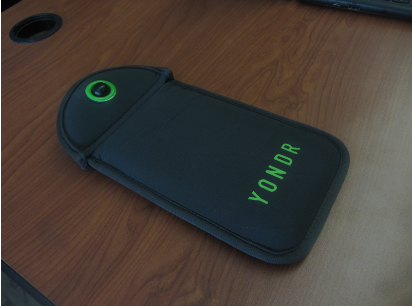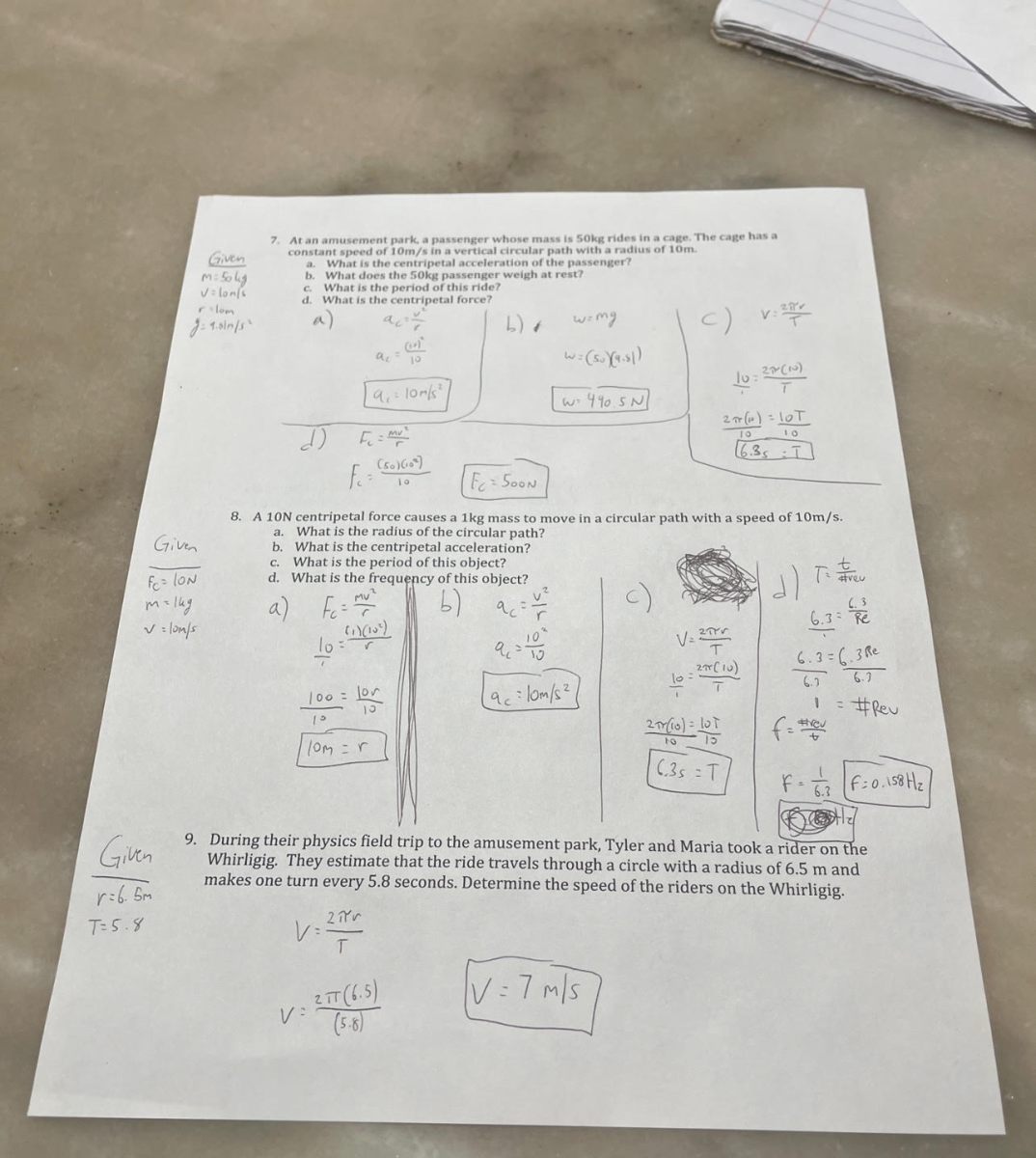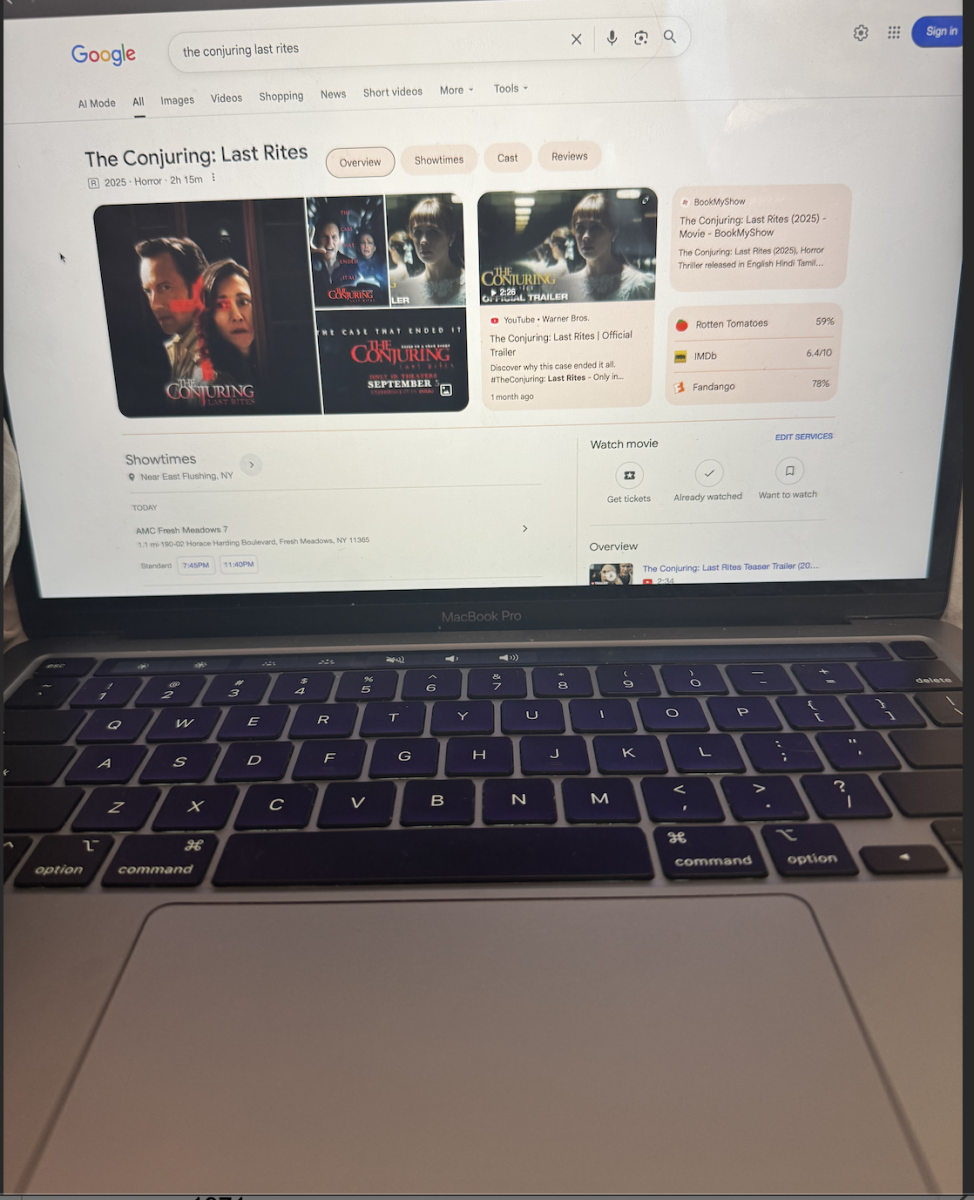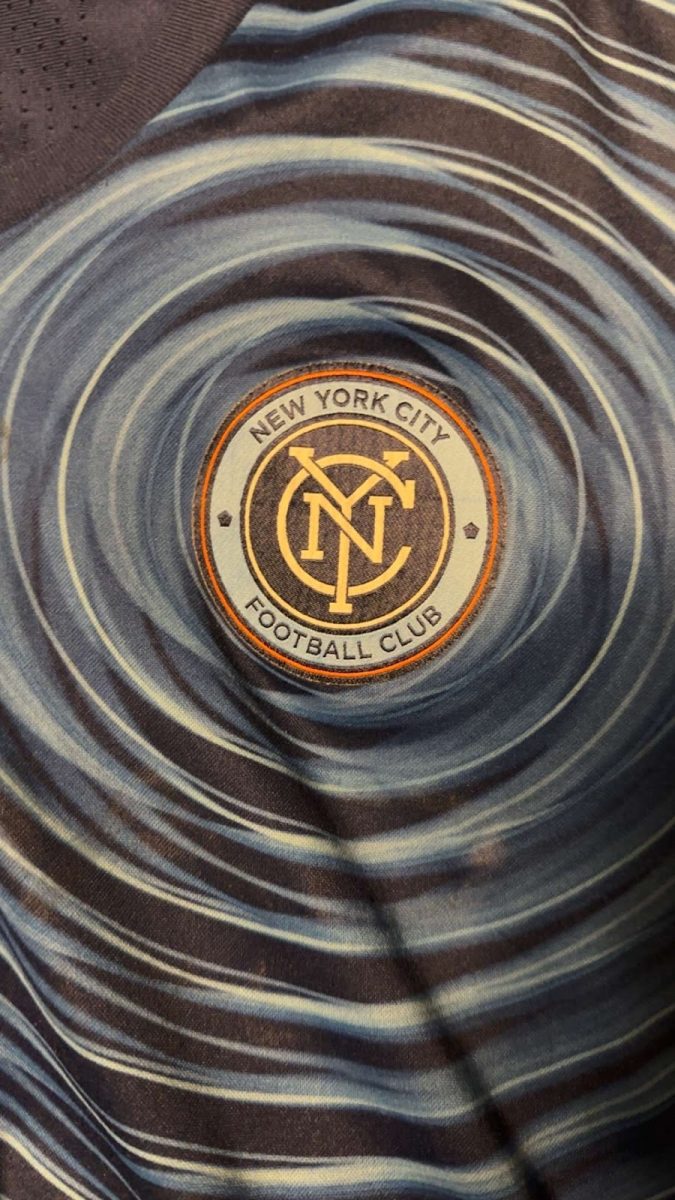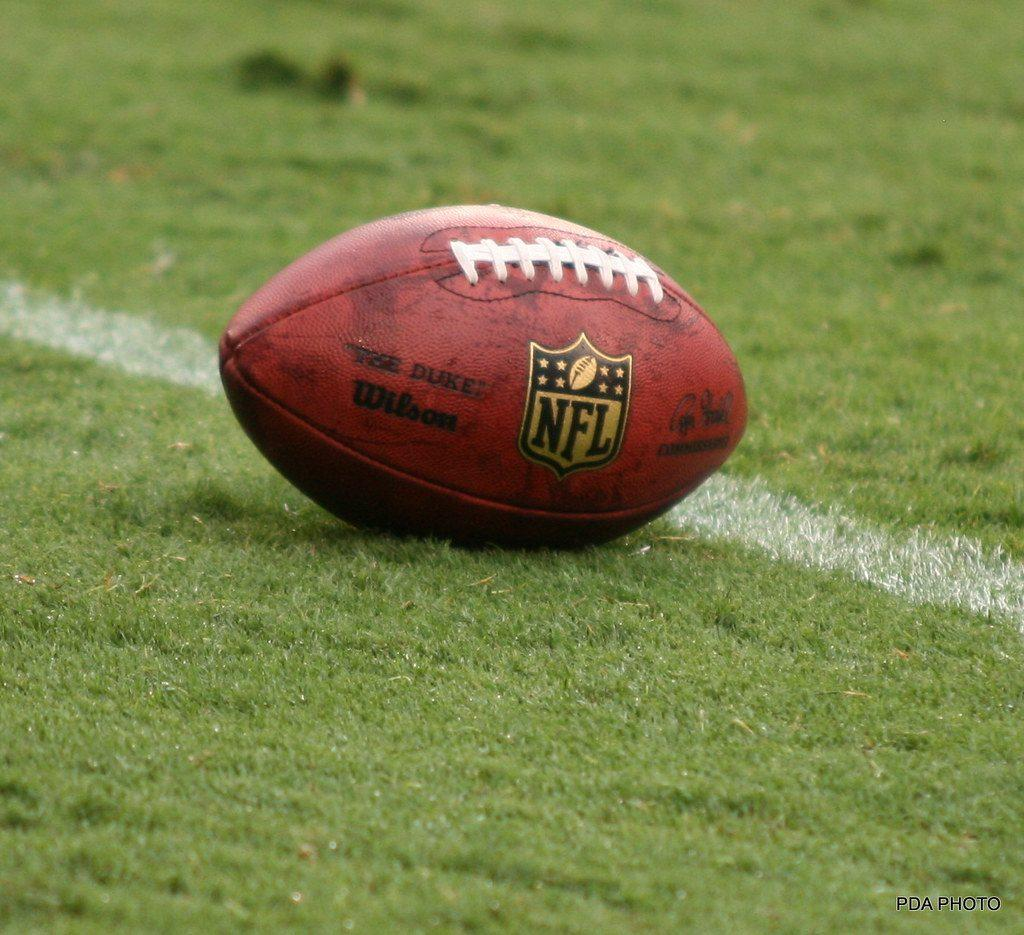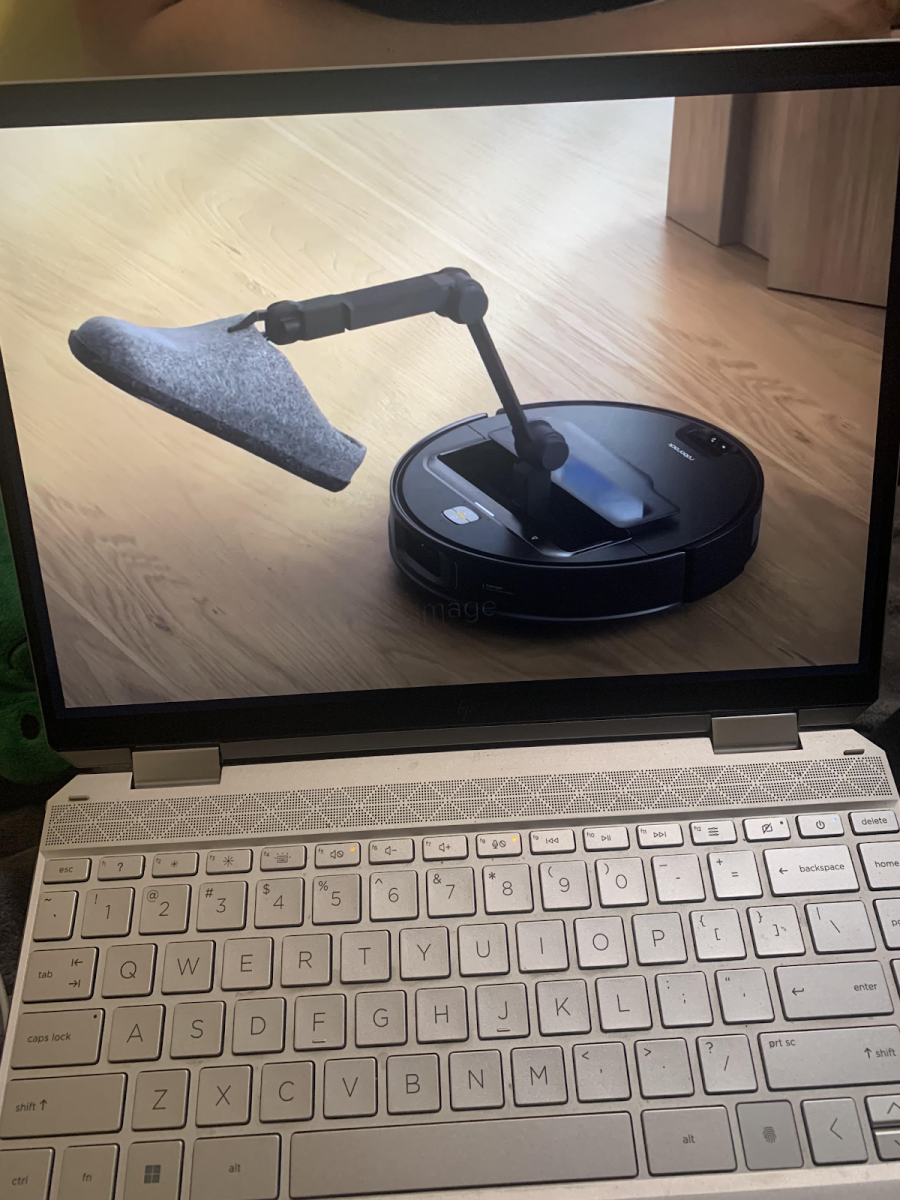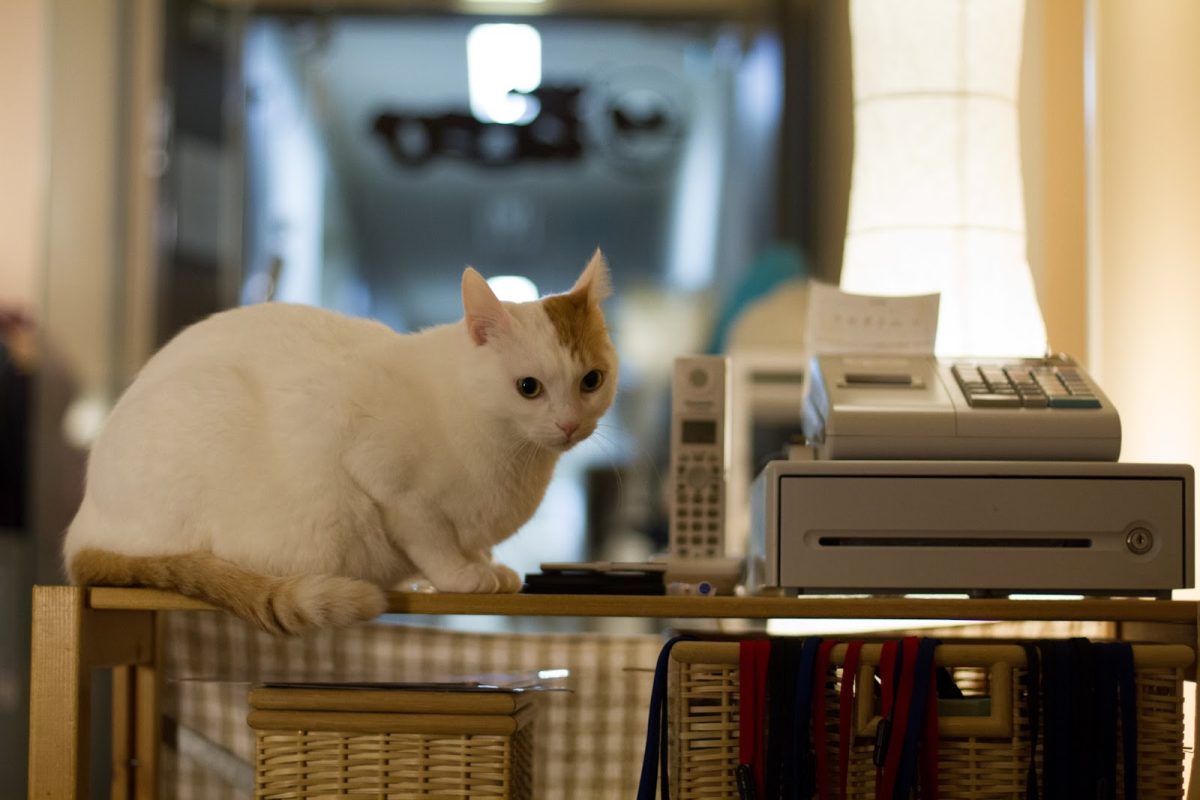
by Jamie Jensen, staff reporter
In today’s world, animals are looked at as testing objects rather than actual living things. An estimated 26 million animals are used every year in the United States for scientific and commercial testing.
Supporters of animal testing say that it has facilitated the development of many life-saving treatments for both humans and animals. Animals are used for testing to advance scientific understanding, for models to study disease, to develop and test potential forms of treatment, and to protect the safety of people.
“I think it’s animal cruelty, they should test it on humans and see how they like it,” junior Ryan Knoetgen said.
Most animals that are used for testing include rats, rabbits, mice, birds and reptiles. 95% of these animals are not protected by the law. The Animal Welfare Act is a federal law that addresses the standard of care animals receive at research facilities. It requires the minimum standards of care and treatment be provided for certain animals bred for commercial sale, used in research, transported commercially, or exhibited to the public.
“I believe that controlled animal testing in an environment where it is well-monitored is necessary for the advancement of science. This includes using animals as models to understand disease and to develop and test potential treatments. We use mice in the lab to study depression and antidepressant treatments. There are multiple veterinarians that monitor the mice daily, and they are provided with food and water at all times,” Assistant Professor of Clinical Neurobiology at Columbia University Medical Center Benjamin Samuels said.
Animals have been used for testing for many years and will continue to be as technology advances. Research shows that people accept animal testing only when they think that the animals won’t suffer, and that it’s scientifically necessary. The facts make it clear that we can save animals and humans when we replace animal research with alternative methods that deliver effective, predictive, human-relevant results.



